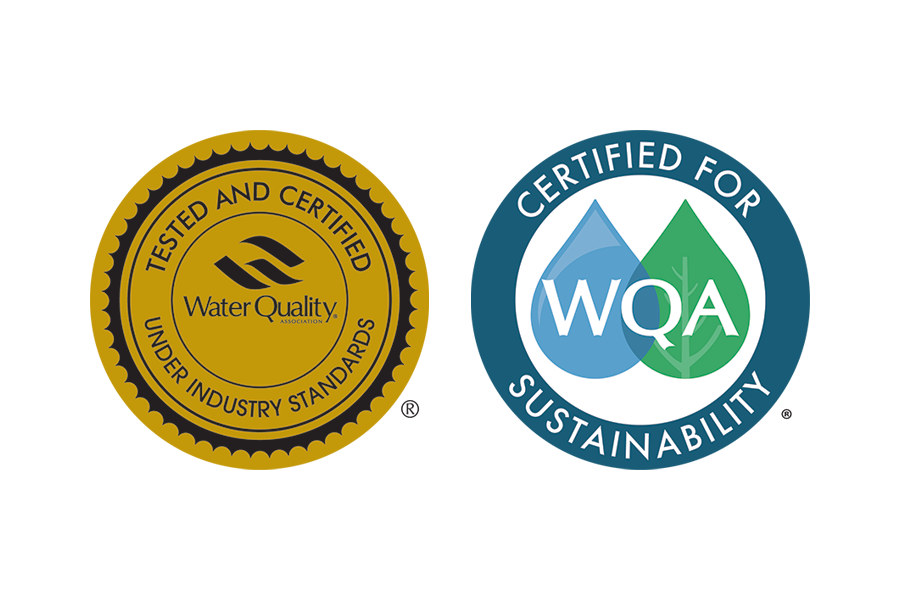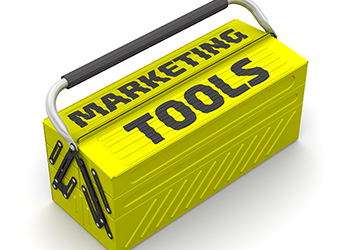How to Adjust Your Water Pressure Regulator - pressure reducing valve for water
The Gold Seal provides independent verification that products such as drinking water treatment units, drinking water system components, chemicals, and water softeners have been proven effective at reducing certain contaminants.

Peace of Mind – WQA Certification provides end users, retailers and regulators the benefit of knowing that an accredited third party has evaluated not only a product’s capability of passing rigorous testing according to industry standards, but that the process in which certified products are made is reproducible.
Once companies go through this demanding process, they must retest their certified products regularly and submit to annual facility inspections to ensure that the products continue to meet or exceed industry standards
WQA’s Gold Seal is the oldest third-party testing and certification program in the water treatment industry. The easily recognized Gold Seal mark lets consumers know right up front that products have been tested to recognized industry standards.

Regulatory Requirements – Some states or local cities have specific regulations that require certification for the ability to sell legally in that jurisdiction.
The legal right to display the Gold Seal or Sustainability registered trademarks is one of the benefits of having a product certified through WQA’s Gold Seal or Sustainability programs. The marks distinguish products from those that have not obtained independent, third-party certification.
The Water Quality Association (WQA), like other testing and certification agencies, is fully accredited by ANAB and SCC. The WQA Gold Seal Program tests and certifies drinking water treatment units, drinking water system components and other products to NSF/ANSI standards.
Become a market leader with WQA’s Gold Seal and Sustainability product certification programs. Reach out to an account representative today!
For information on the Gold Seal and Sustainability program’s financial support and certification fees, please email goldseal@wqa.org
The WQA Sustainability Certification Program provides third-party verification that a product is environmentally responsible in all phases of its life cycle: from raw materials, production, distribution, use-phase, all the way through to end-of-life disposal.
Manufacturers and suppliers can seek Gold Seal certification for most products that contact household water. Certification covers everything from chemicals to plumbing components to filtration systems and water softeners.
Standards are detailed and rigorous and specific to the products certified. Standards cover many different water treatment technologies; some standards cover UV disinfection while other ensure that reverse osmosis systems perform as claimed. Certification also helps verify that manufacturers have good customer service measures in place and offer adequate product literature or information as well.
The Gold Seal and Sustainability Marketing Toolkit provides ideas and examples of how to effectively market the Gold Seal and Sustainability logos so that companies with certified products can leverage their certifications to sell more products.
Many U.S. and Canadian codes and regulations require products to meet NSF standards or, more accurately, the ANAB-accredited and public domain NSF/ANSI standards. People are often confused into thinking that products then must have “NSF certification.” This is not correct. It is important to understand the distinction between standards and certification.
Buying Power – A certified product bears a distinguished Mark indicating that the product has undergone evaluation and testing to verify that the product will perform as the certified claims indicate. The Gold Seal and Sustainability Mark provide consumers a very simple way to recognize products that will perform the way the packaging indicates they will.
Product certification indicates a third-party organization has monitored the manufacturer’s operations to ensure they meet guidelines for manufacturing processes and materials used. Products are tested to ensure compliance with industry standards, performance and certification requirements.
Monitoring Consistency – WQA’s programs conduct annual inspections to verify that the products being manufactured are not only being consistently made, but are made in the same way as the product was built when it underwent testing and evaluation.
Multi-faceted Certification – Not only are the products tested extensively to evaluate things such as the structural integrity, the product’s ability to reduce contaminants and the safety of the materials that come into contact with water, but the literature is also reviewed to ensure that it meets a specific set of requirements as well.




 8615510865705
8615510865705 
 8615510865705
8615510865705